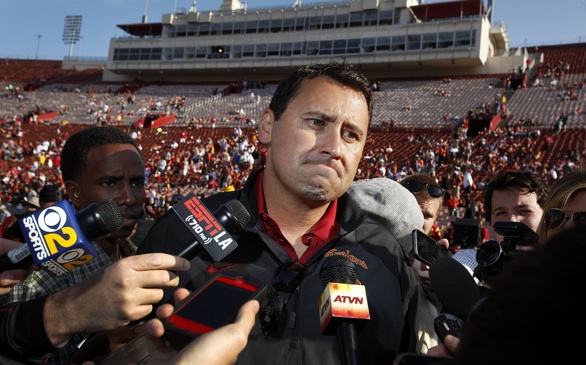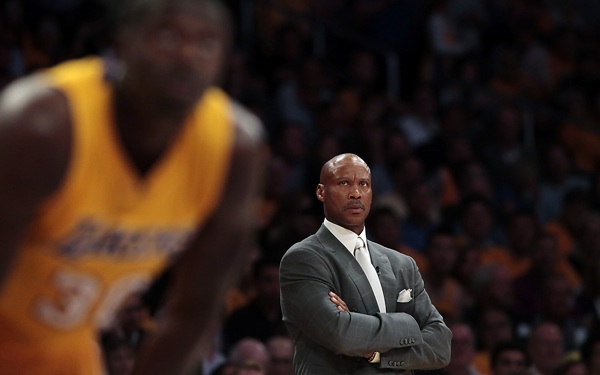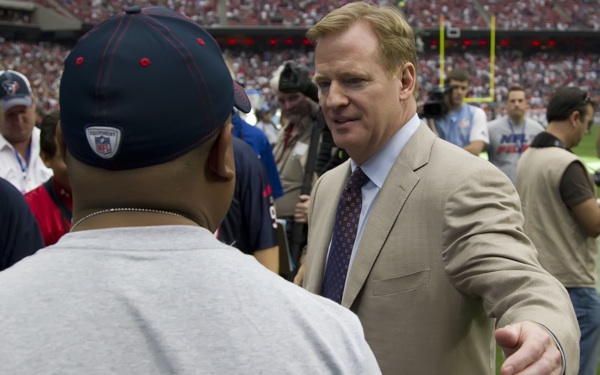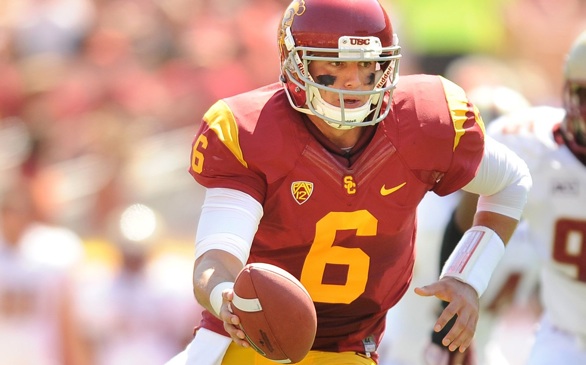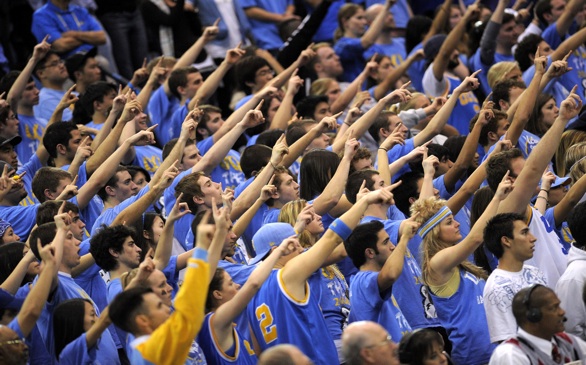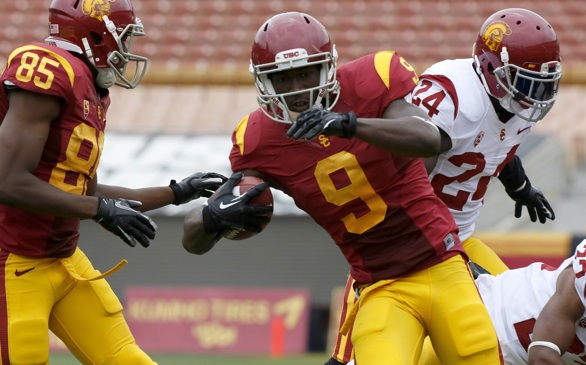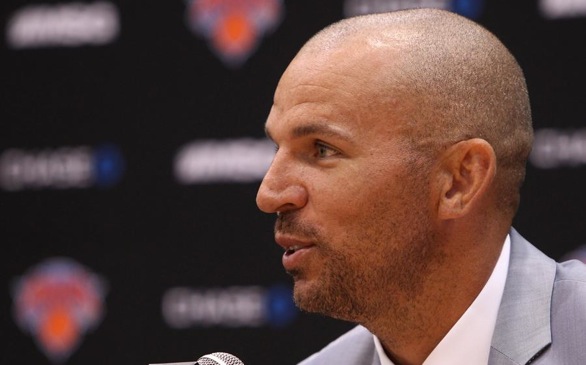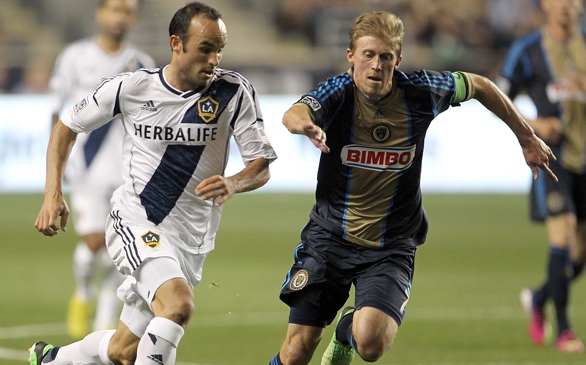USC’s 2013 football season was separated into two distinct eras by the media and fans alike: Kiffin and post-Kiffin.
While Lane Kiffin was head coach, the Trojans went 3-2, suffering embarrassing losses to Washington State (10-7) and Arizona State (62-41). The latter cost Kiffin his job, and he was replaced in the interim by defensive line coach and recruiting coordinator Ed Orgeron.
Under Orgeron, the team rode a wave of emotion (and more aggressive play calling) to a 6-2 record, including an inspiring 20-17 upset win over No. 4 Stanford. Offensive weapons such as quarterback Cody Kessler and running back Javorius “Buck” Allen progressed well, and the defense had just one poor performance in the regular season finale against UCLA, a 35-14 loss.
But athletic director Pat Haden elected to tab Washington head coach Steve Sarkisian as Kiffin’s permanent replacement, alienating Orgeron and pushing him to pursue greener pastures as a head coach elsewhere (a post he has yet to find).
While at Washington, Sarkisian revived a moribund program that finds itself in much better hands now than when he arrived. He’s already proven himself to be an effective recruiter, nabbing all three premier recruits the Trojans were focused on gaining commitments from on National Signing Day.
However, USC has never really had problems with recruiting. The main issue under the Kiffin regime was translating elite recruits into consistently elite results on the field.
The Trojans’ 2014 schedule isn’t incredibly difficult, but Sarkisian will receive arguably his biggest test right off the bat in USC’s first conference game against Stanford on Sept. 6.
If Sarkisian can handle the looming quarterback competition between Kessler and Max Browne better than his predecessor and set up the Trojans for success against Stanford, it’ll go a long way towards reserving goodwill with USC’s fan base.
But, if the Trojans fall to the Cardinals on the way to another lackluster campaign, then he can expect to see the sore side of the Trojan faithful sooner rather than later.
Do you agree with this Campus Circle writer? Leave your comments below!


